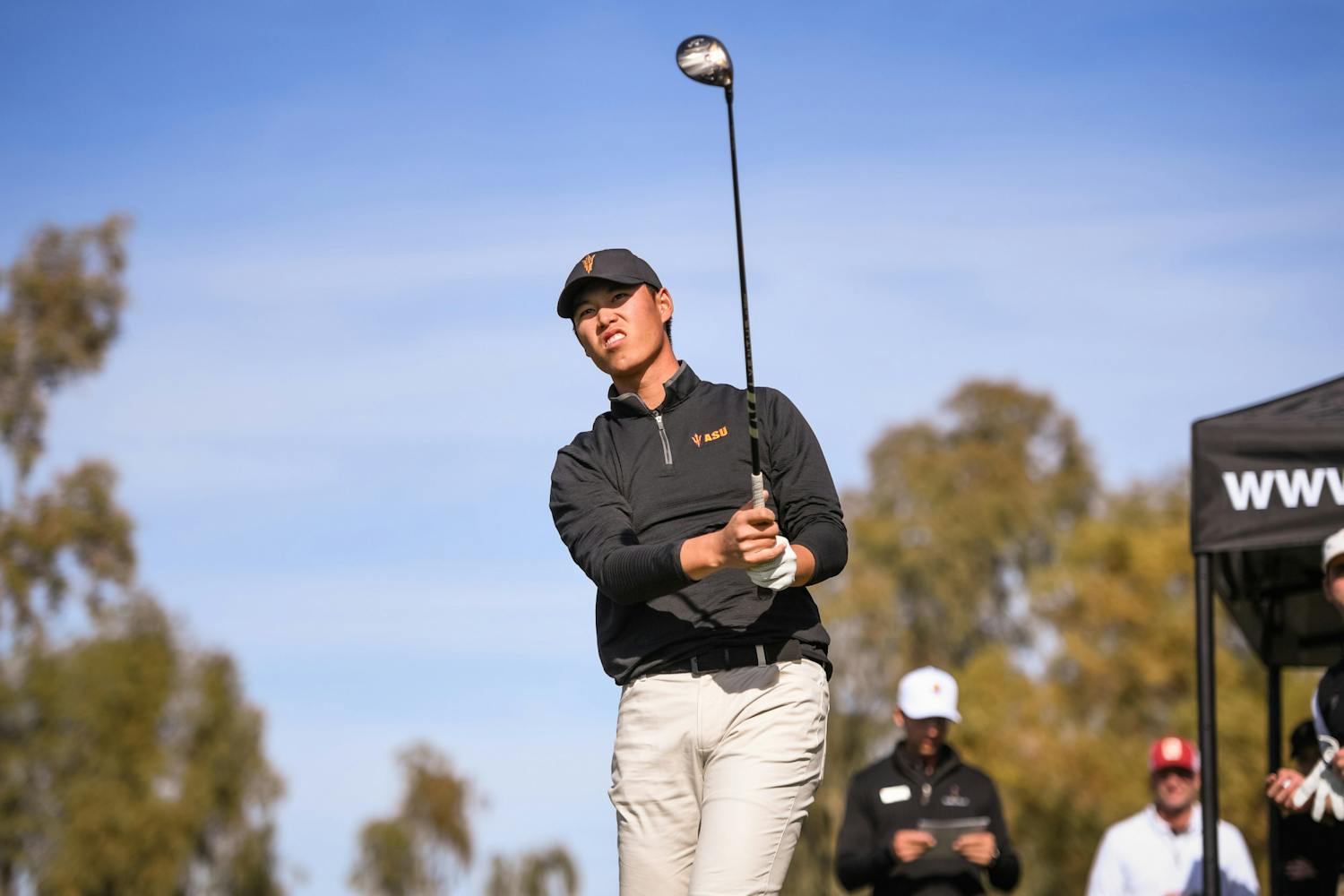One of the biggest arguments in college basketball — and many other sports — is whether or not college athletes should get paid to play. As of right now, the National Collegiate Athletic Association offers full ride scholarships for “so-called head-count sports,” which include football, men and women’s basketball, women’s gymnastics, volleyball and tennis. While sports scholarships are well known for making college a possibility for many high school athletes, only recently has the topic of paying athletes become more popular.
At the very least, the NCAA should be able to provide all Division I athletes, regardless of their sport, some scholarship amount for being a student athlete. However, this is not the case. “The odds of winning a NCAA sports scholarship are miniscule. Only about 2 percent of high school athletes win sports scholarships every year at NCAA colleges and universities. Yes, the odds are that dismal,” Lynn O’Shaughnessy said for CBS Moneywatch. The chances of a student receiving a full-ride scholarship are not as high as many outsiders realize, event though between ticket sales and advertising spots and assorted sponsorships, the NCAA makes tons of money. In fact, “The NCAA, as a whole, makes $6 billion annually,” U.S. News reports.
The time commitment that student athletes have to put forth is a huge factor for why they should be compensated for more than just tuition. “According to a NCAA survey last year, playing football required 43.3 hours per week; college baseball, 42.1 hours; men's basketball, 39.2 hours; and women's basketball, 37.6 hours” O’Shaughnessy reported. These hours are the equivalent of working a full-time job in addition to being a full time student since many, like ASU athletes, still have to be enrolled full time with at least 12 academic credits.
The NCAA says that a full athletics scholarship ranges from $11,000 per year for an in-state student at a public university to $35,000 for a student attending a private university. However, O’Shaughnessy says, “For those who do snag one, the average scholarship is less than $11,000.”
Between the pressure of huge tournaments like “March Madness" and the celebrity-like status that student athletes, especially those of big name, competitive schools, deal with on a normal basis, they should be receiving more benefits besides tuition scholarships. Very well-known college athletes are going to have to deal with being in the spotlight more than the average student.
However, we can’t forget that most are not going to go pro and need to still graduate with a decent degree. Student athletes across the board are often criticized for not being held to the same standards as the rest of the students in school. The minimum GPA that student athletes at ASU have to maintain is only a 1.8 for the majority of their four years as an undergrad. Yes, it is hard to be a student athlete, but a 1.8 is below the normal GPA for retention in the entire University itself. The requirements for student athletes vary amongst schools but in general, the GPA minimum is lower for athletes. I’m not saying that student athletes shouldn’t be given any handicap because of the classes they are forced to miss, but they shouldn’t be given one that big.
It’s an impressive feat to be a student athlete, and yes, I do think they should be compensated for playing sports for a D1 school. For an athlete going to school and dedicating over 30 hours a week to their sport, it’s as if they are just another student working full time to get through school; it just so happens that their job is playing a sport for the University. Being “paid to play,” should be treated in a similar way any student working would be. The number of hours you put in results in what goes toward your tuition, housing and meals, and it shouldn’t create a drastic academic handicap.
Reach the columnist at Kayla.Chan@asu.edu or follow @KaylaRC2014 on Twitter.
Like The State Press on Facebook and follow @statepress on Twitter.
Editor’s note: The opinions presented in this column are the author’s and do not imply any endorsement from The State Press or its editors.
Want to join the conversation? Send an email to opiniondesk.statepress@gmail.com. Keep letters under 300 words and be sure to include your university affiliation. Anonymity will not be granted.



